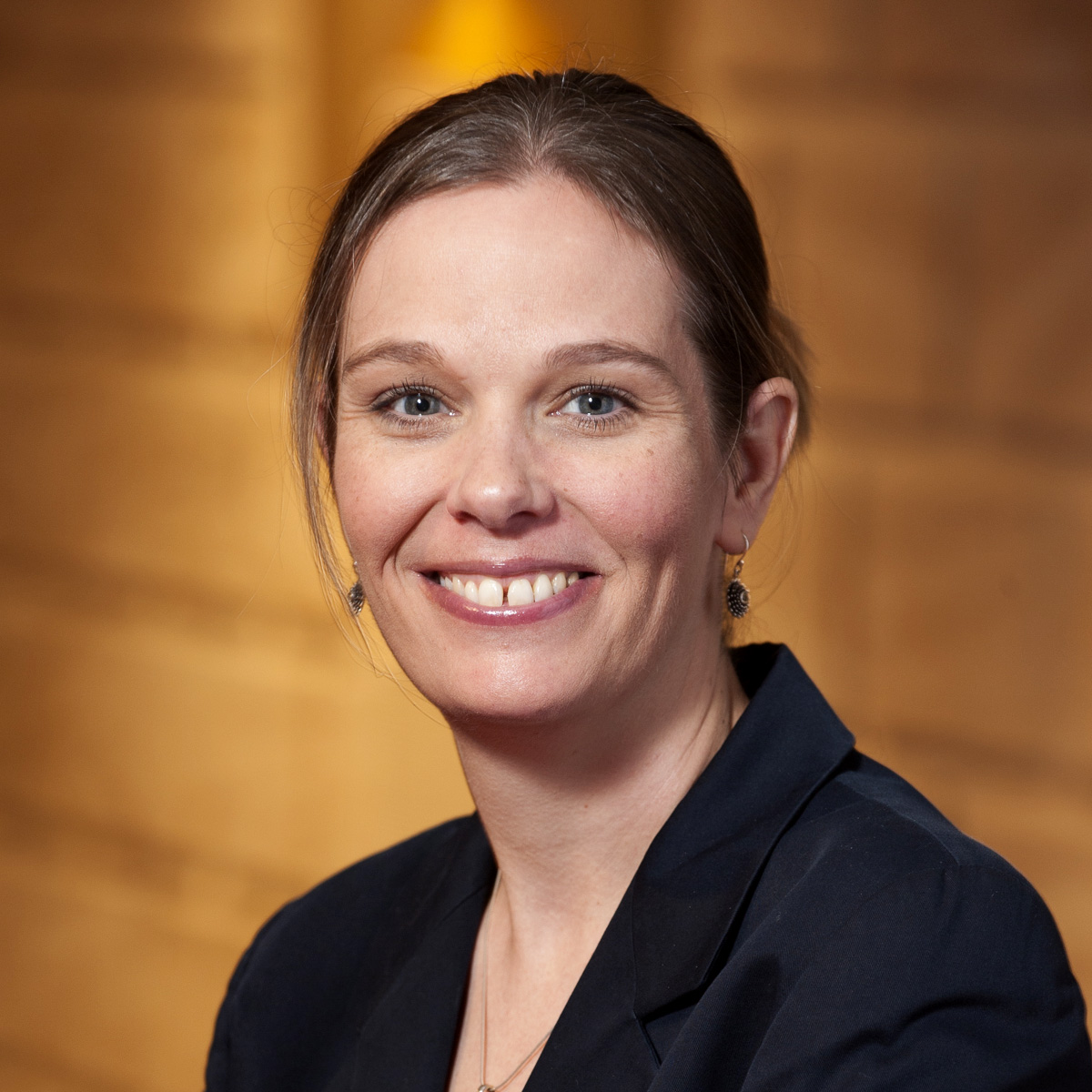Clinton grapples with unfriendly midwestern realities as Republicans again shift strategies ahead of debate
SMU election expert Stephanie Martin is available for interview on all things debatable – from tonight’s prime time matchup between the remaining GOP hopefuls to the overall state of the race.
DALLAS (SMU) – SMU election expert Stephanie Martin is available for interview on all things debatable – from tonight’s prime time matchup between the remaining GOP hopefuls to the overall state of the race.
| FREE TRADE COULD HAUNT CLINTON, RUBIO-CRUZ DETENTE LIKELY OVER | |
|
The most shocking development of Tuesday’s elections was Bernie Sanders’ narrow win over Hillary Clinton in Michigan, where every major poll leading up to Tuesday had predicted a Clinton victory. “The takeaway is that African Americans, like every other constituency in America, are not part of a monolithic group that thinks and acts the same way no matter what,” Martin says. “That means we can’t just say that because African Americans in the south are having one experience and motivated by one set of issues, that doesn’t mean African Americans in, say, the Rust Belt will respond to what’s happening in the country the same way. The Rust Belt experience of deindustrialization, and especially their experience with the free trade agreements of the Clinton era, is different from the experience of African Americans in the south.” It’s a clear message that could harbor a longer Democratic race into the summer. “It extends the race out,” Martin says. “Now it will be at least a week of stories about what will happen to Clinton in Ohio or Illinois. If there’s a similar result, and there’s a good reason to think there could be, anything becomes possible. But it’s still very implausible Sanders will become the nominee. Sanders and Clinton tied in Michigan, so they get the same number of delegates there, but Clinton won big in Mississippi, so her lead widened Tuesday night.” How does Trump capitalize on Tuesday’s results? “Donald Trump insists he’s a nominee who will put states like Michigan, Ohio and Pennsylvania in the Republican column, and if African American discomfort with NAFTA and 90s’ Bill Clinton free trade policies hurts Hillary Clinton in the Midwest, one can imagine Trump’s claim not being as outlandish as it sounded a week ago,” Martin says. “Democrats in the Midwest have typically depended on the African American constituency, so you have to at least pause and ask, ‘How deep is the resentment over NAFTA, and can it overcome the incredibly racist rhetoric that continually worsens around the Trump campaign?’” Speaking of Trump, tonight’s Republican debate is the final debate before five states and 358 Republican delegates go up for grabs on March 15, and Martin expects fireworks to fly on the debate stage once again. “Late-deciding voters didn’t go for Trump in Michigan or Louisiana, and the thinking is that’s because of Trump’s antics near Election Day. So if I’m a Trump advisor, I’d be begging him not to behave like he did during the debate last Thursday,” Martin says. “As for Marco Rubio and Ted Cruz, the head of one of Cruz’s Super PACs made the case Wednesday morning that if Rubio were out of the race, Cruz might have hit voter thresholds in some states that would have blocked Trump from getting any of those states’ delegates, so the incentive for Cruz to work with Rubio against Trump may be gone. It probably returns to a fight between Rubio and Cruz about who should drop out, with Rubio insisting Cruz should drop out because nobody in the party likes him and Cruz pointing to proof that shows it would make a bigger difference against Trump is Rubio dropped out.” Martin is an SMU assistant professor of Communication Studies in the Meadows School of the Arts. She can discuss:
|
|
###
SMU is a nationally ranked private university in Dallas founded 100 years ago. Today, SMU enrolls approximately 11,000 students who benefit from the academic opportunities and international reach of seven degree-granting schools.
21682-nr-3/9/16-kr
 STEPHANIE MARTIN
STEPHANIE MARTIN